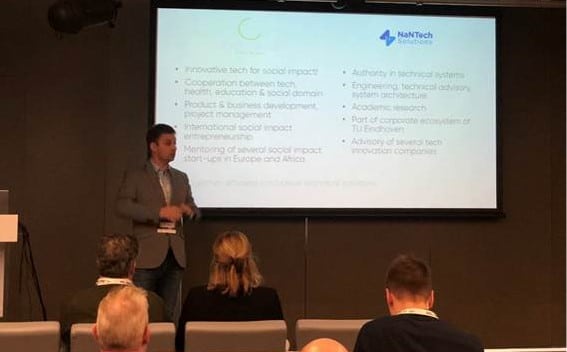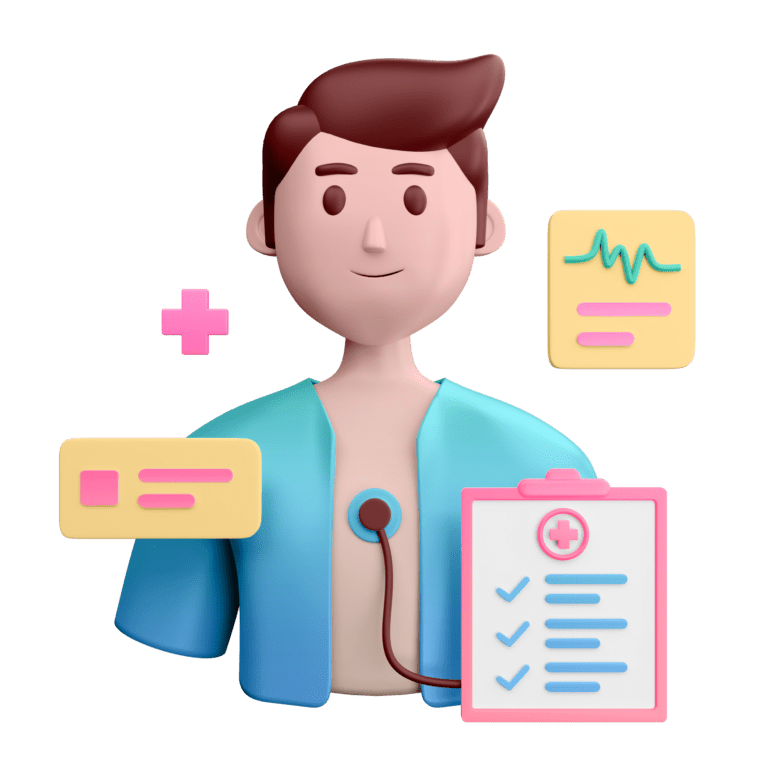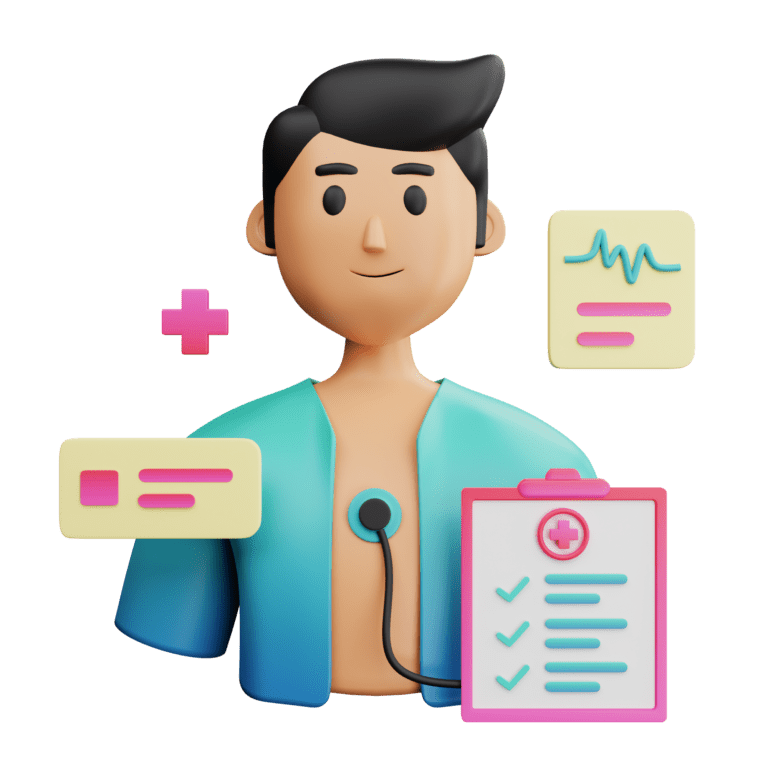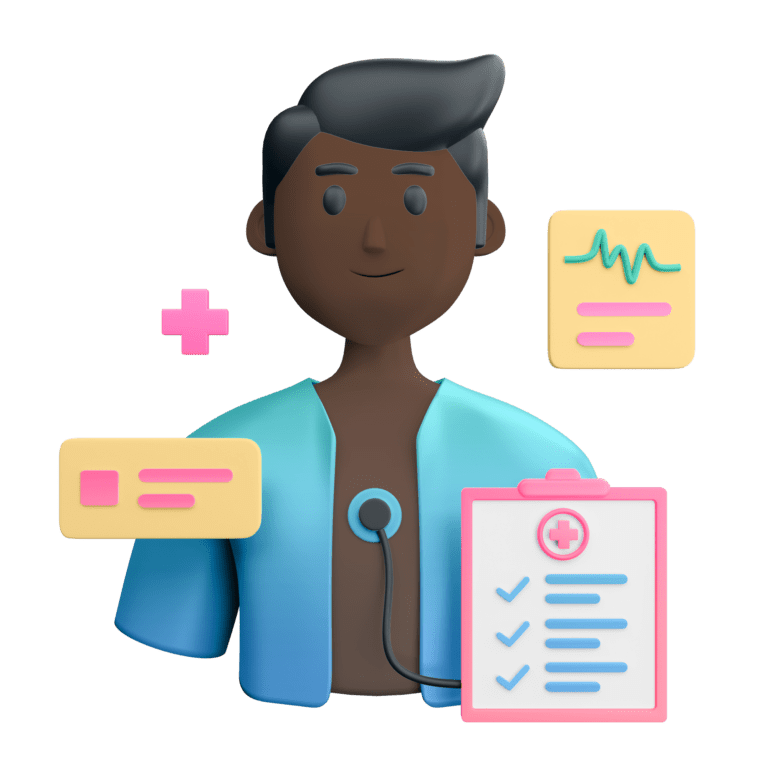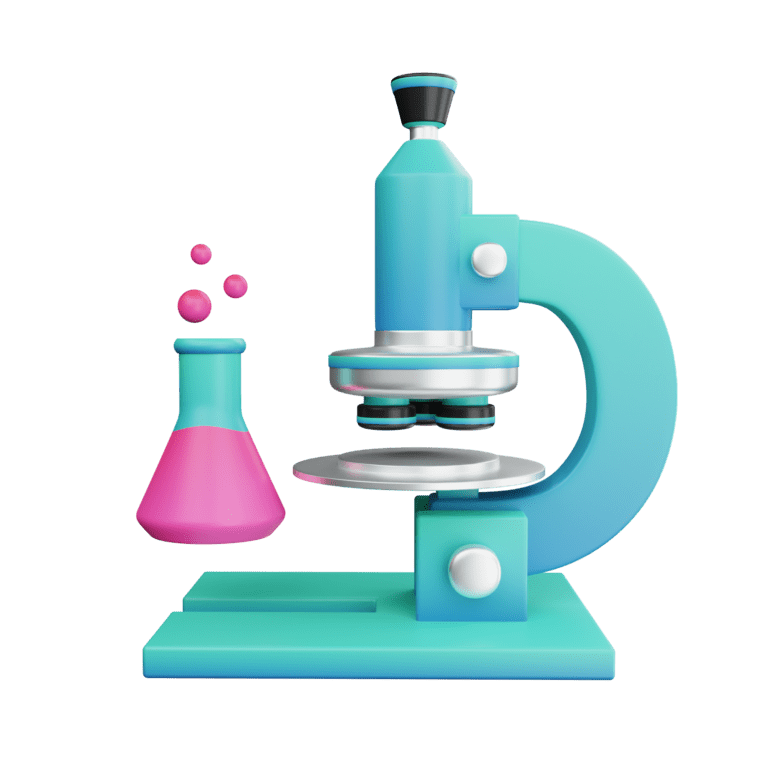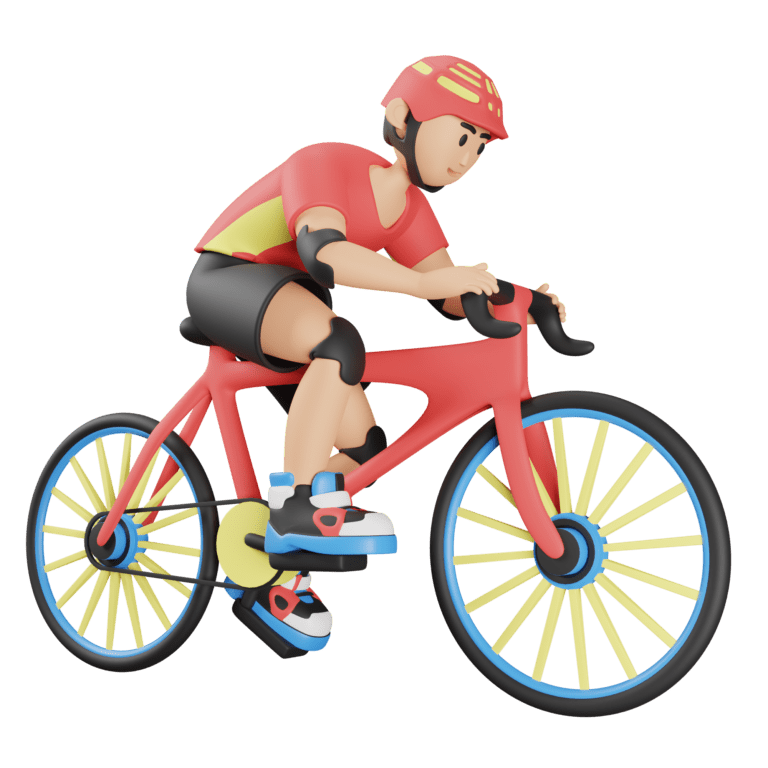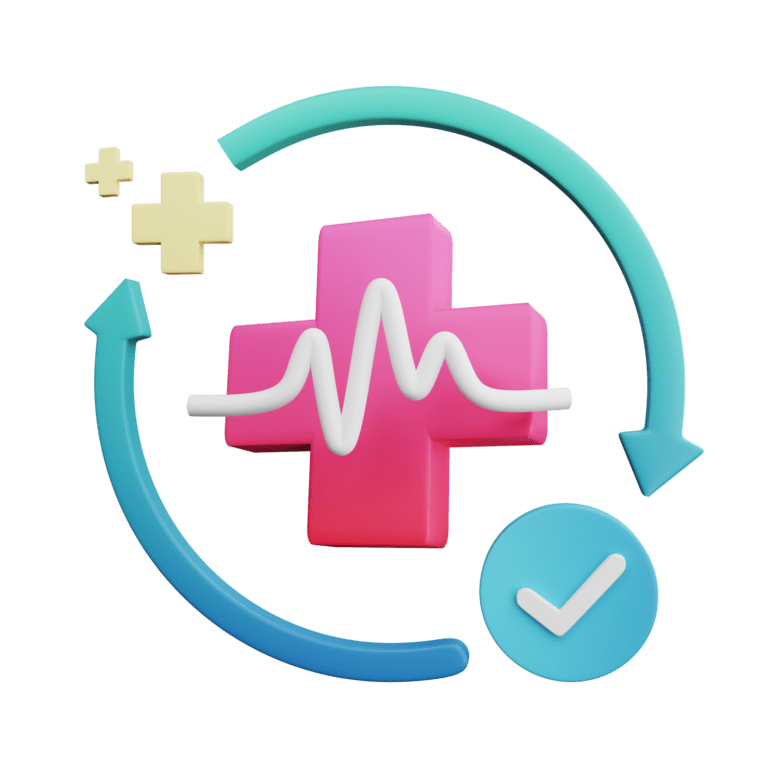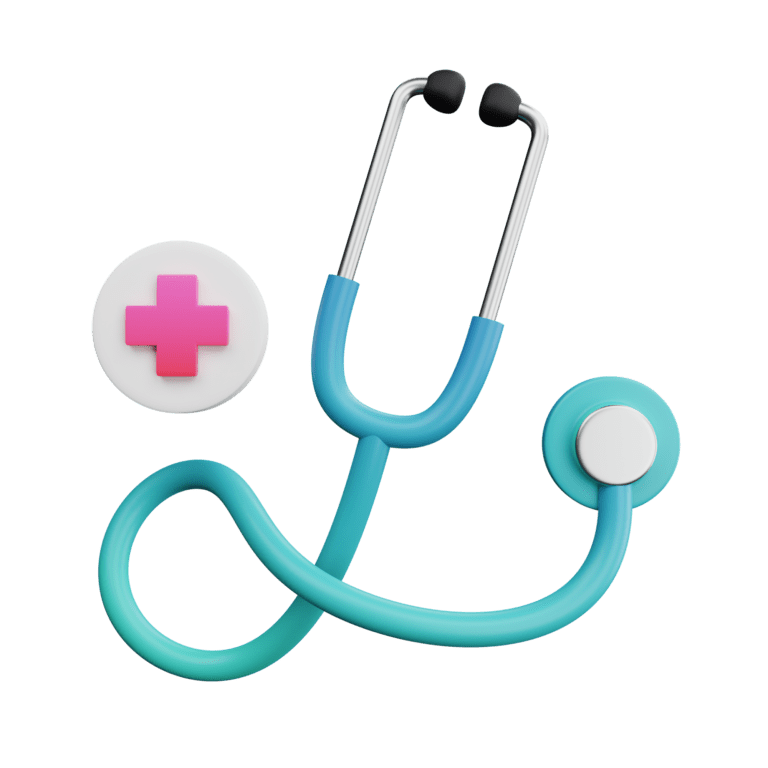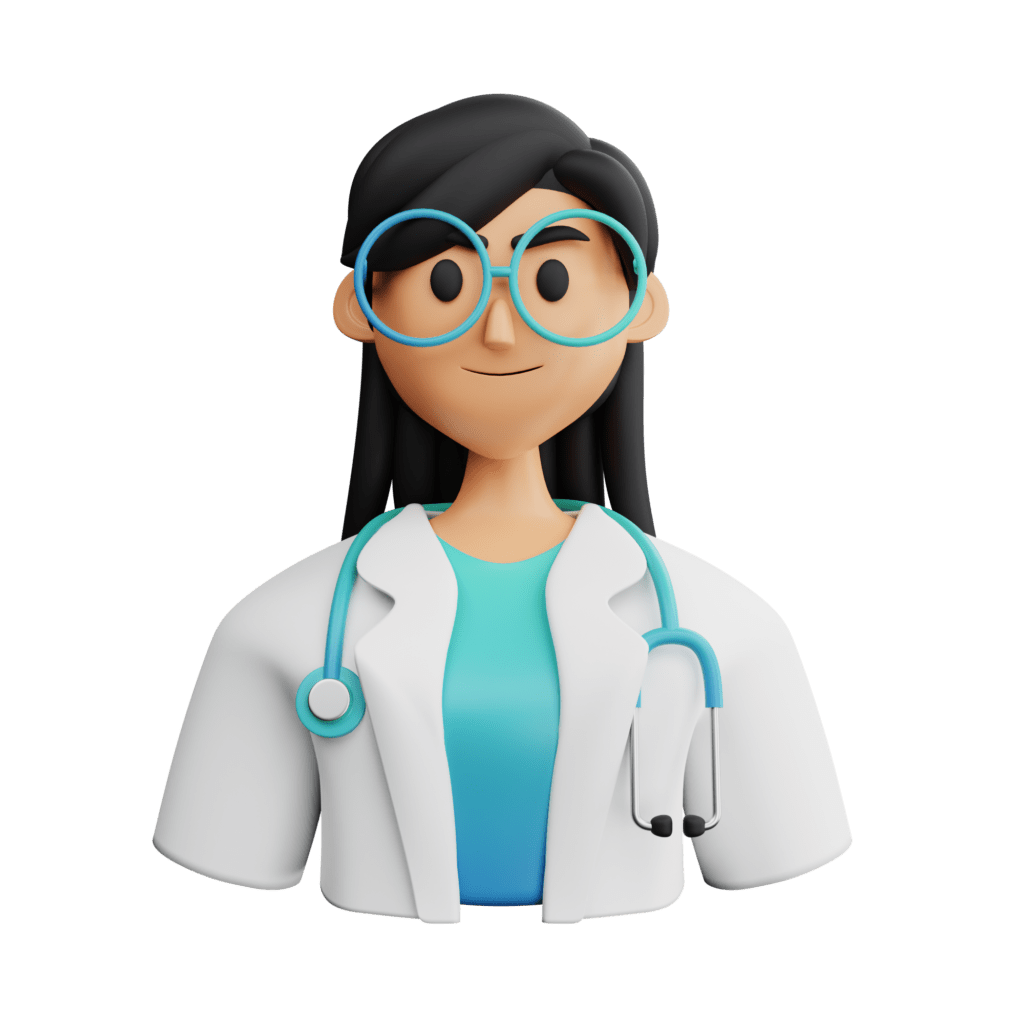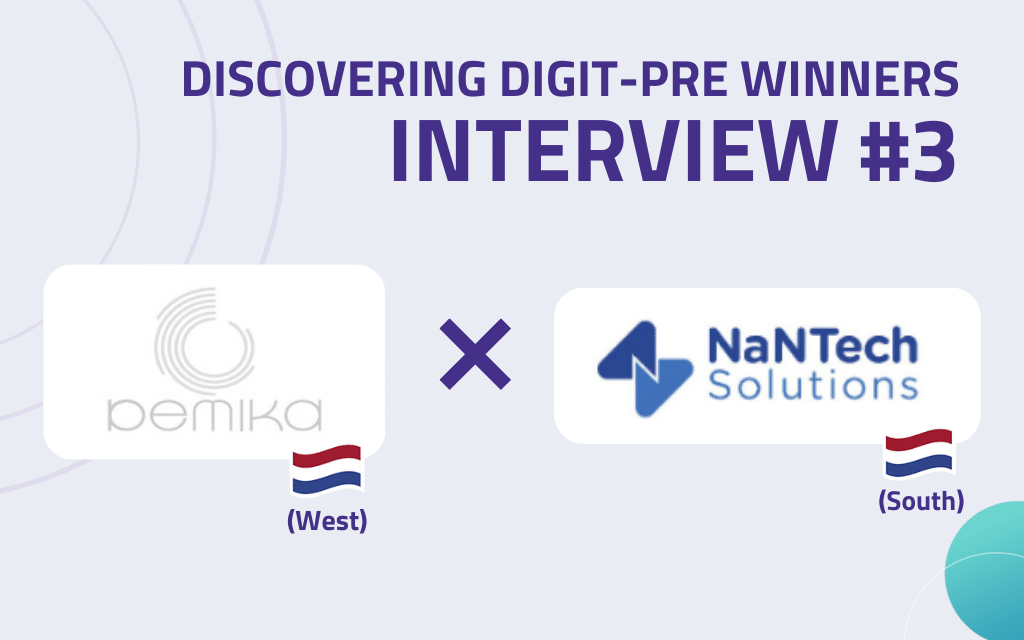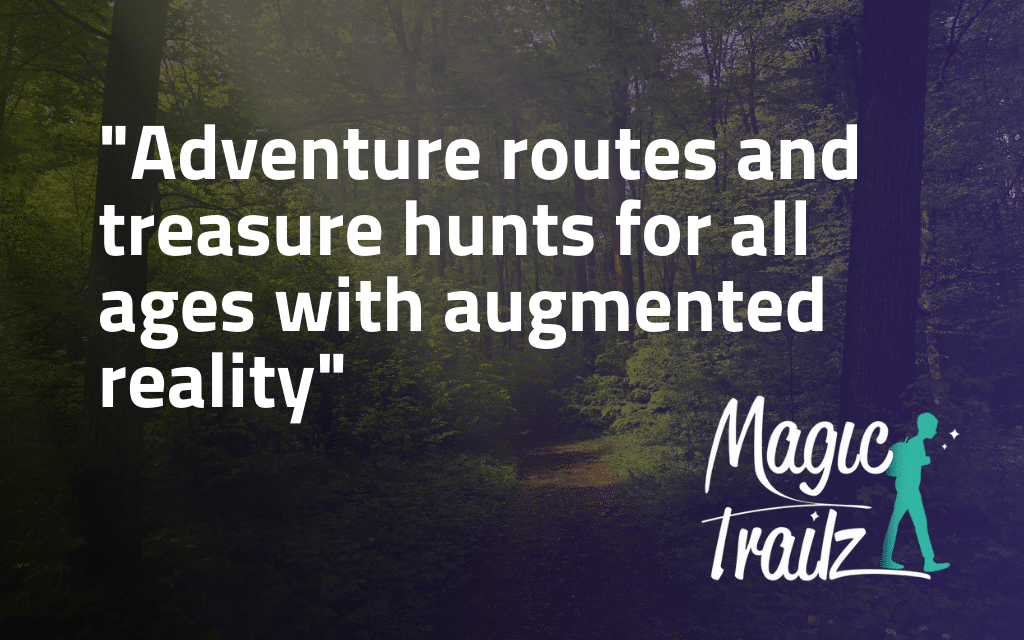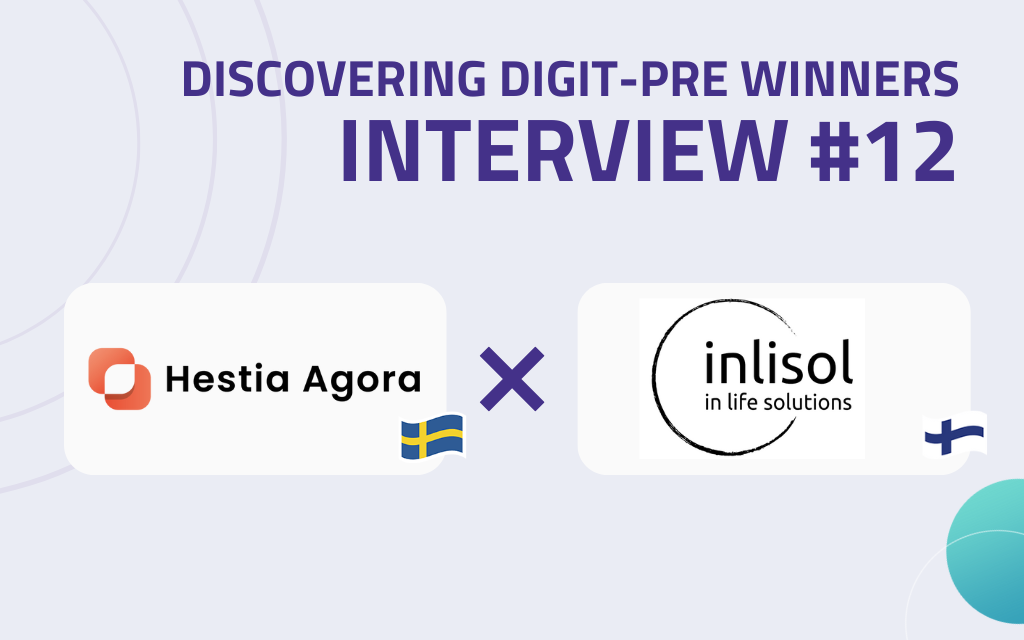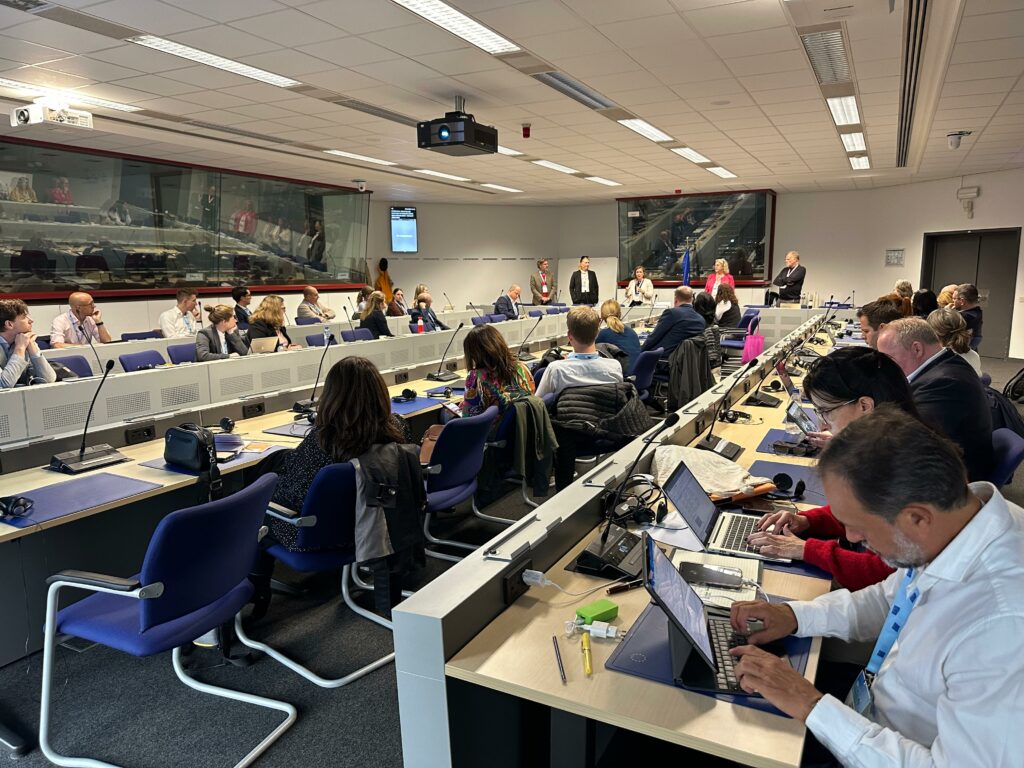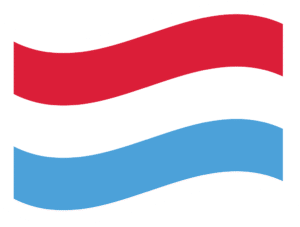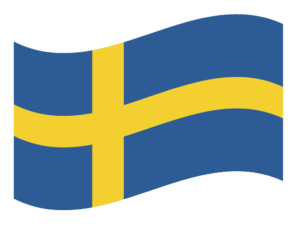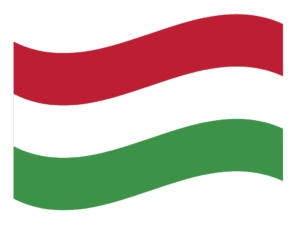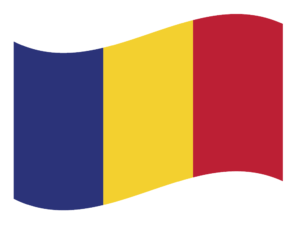In this first interview, find out more about Bemika Group (West Netherlands) & NaN Tech Solutions (South Netherlands), who will be responding to the challenge of improving palliative remote care with their project “Robin Assistant”.
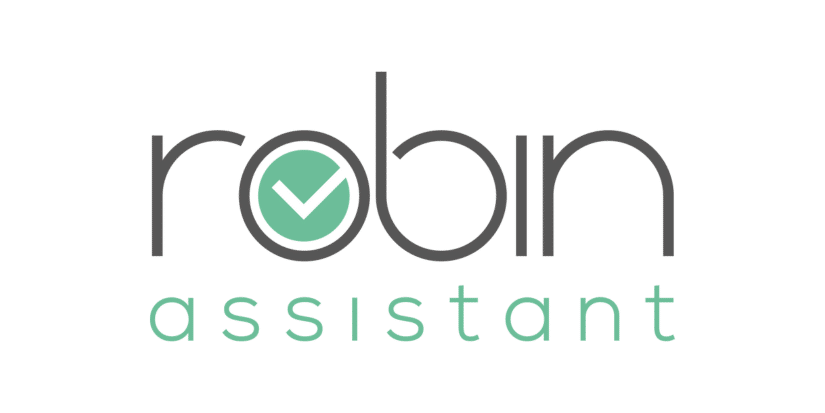
Could you tell us about the activity and the purpose of your companies Bemika Group and NaN Tech Solutions?
Bemika Group is a creative collaborative platform for educators, artists, engineers, athletes and organisations worldwide to collaborate on development of ideas, services and solutions that will aid the personal development and improve the quality of life of communities and individuals around the world.
NaN Tech was founded with a single mission: make people’s work something they enjoy and Not being just a Number. NaN experienced experts have learned to always make clients’ business success their priority. NaN approaches each client with fresh eyes to develop customised solution that will fit their needs in development of their technological projects.
What attracted you to DIGIT-PRE?
Opportunity to find complementary collaboration partners, receive clear feedback and guidance on potential blind spots in our project and obtain funding to complete development of first commercial version of our current prototype. What we experienced is a very dedicated team running the DIGIT-PRE organisation, with great emphasis on particular impact we want to achieve and their involvement in helping our project further.
Could you describe your common project "Robin Assistant" in a few words?
Robin Assistant is an assistive software solution that allows carers to set up and plan daily activities for the ones they are taking care of. Robin will then assist the individual in performing these activities by providing step-by-step guidance, using images, text and audio instructions. Robin is intended for children and adults of all ages, with special needs (which make carrying out daily activities challenging) and who require assistance from another person. You can think of such conditions as Autism Spectrum Disorder (ASD), Social Communication Disorder, Down syndrome, Alzheimer’s, or any other form of dementia, and people recovering from different types of brain injuries caused by accidents or strokes, among others.
What challenges have you faced so far when working with a partner from another country?
How different is per country when it comes to readiness from health care professionals and organisations to enter talks about what makes their daily activities challenging and what kind of solution would be desired. We found that in UK and Southern Europe everybody is very open and ready to share experiences, being genuinely grateful that a tech company want to build a custom solution for their needs. In Western Europe the same type of organisations are only interested in final product, once it is ready to use.
Finally, have you already taken part in a European project before? If not, what are your concerns? If so, why do it again?
We have been indeed working with different organisations on European continent form the earliest stages of our project: R&D, specialists, health care, data protection legal, care providers, etc. All being expert in their field when it cones to providing us with information we use to further develop product. However, we did not yet participate in a partnership programme funded by EU. We are curious how the whole reporting and deliverables work in such project.
